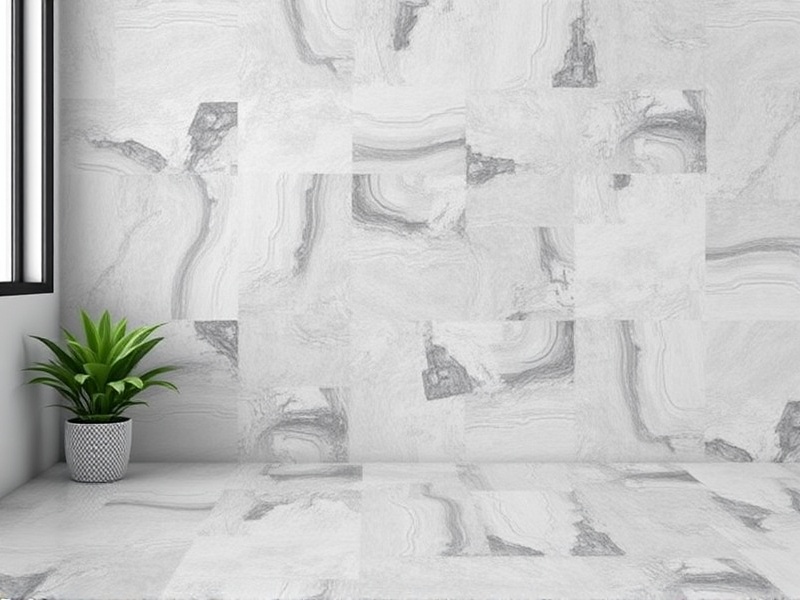Our Location
304 North Cardinal St.
Dorchester Center, MA 02124
Explore the unique features of WPC, SPC, and LVP to determine which type of flooring is most suitable for your specific requirements and lifestyle.

When it comes to choosing the right flooring material for your home or commercial space, the options can be overwhelming. Among the popular choices are Wood Plastic Composite (WPC), Stone Plastic Composite (SPC), and Luxury Vinyl Plank (LVP). Each of these materials offers unique benefits that cater to different needs, such as water resistance, noise reduction, and ease of maintenance. In this article, we will delve into a comparative analysis of WPC, SPC, and LVP to help you decide which one is best suited for your specific requirements.
One of the key factors to consider when selecting flooring is its ability to withstand moisture. WPC, made from wood fibers and plastic, offers good water resistance but is not entirely waterproof. This makes it suitable for areas with moderate moisture levels, like kitchens and bathrooms, but not for fully submerged environments. On the other hand, SPC is entirely waterproof due to its core composition of limestone and polyvinyl chloride (PVC), making it an excellent choice for high-moisture areas like basements and laundry rooms. Lastly, LVP also provides excellent water resistance, being highly durable against spills and splashes, which makes it a versatile option for any room in the house.
Sound insulation is another crucial aspect, especially in multi-story buildings or noisy environments. WPC typically includes a foam backing layer that enhances sound absorption, making it quieter underfoot compared to traditional hardwood floors. SPC flooring also features a built-in underlayment layer that helps reduce impact noise, providing a quieter living environment. LVP, while thinner than WPC and SPC, can still offer decent noise reduction properties when installed with appropriate underlayments.
Maintenance and cleaning are important considerations for busy households or commercial spaces. All three materials—WPC, SPC, and LVP—are relatively easy to clean with regular sweeping or mopping. However, SPC and LVP have an edge due to their seamless construction, which minimizes the accumulation of dirt and dust. This makes them particularly appealing for those seeking low-maintenance solutions.
Each type of flooring has its ideal setting. WPC works well in areas with moderate humidity levels and where some flexibility is desired, such as in family rooms or bedrooms. SPC is ideal for high-humidity environments like basements and bathrooms, thanks to its superior water resistance. LVP, with its durability and variety of designs, is suitable for almost any room in the house, including high-traffic areas like hallways and living rooms.
Based on the above analysis, the choice between WPC, SPC, and LVP largely depends on your specific needs. For high-moisture areas, SPC stands out due to its complete waterproof nature. If you prioritize sound insulation, both WPC and SPC are strong contenders. For versatility and low maintenance, LVP is an excellent choice. Ultimately, consulting with a professional installer can help tailor your decision based on the specifics of your project.